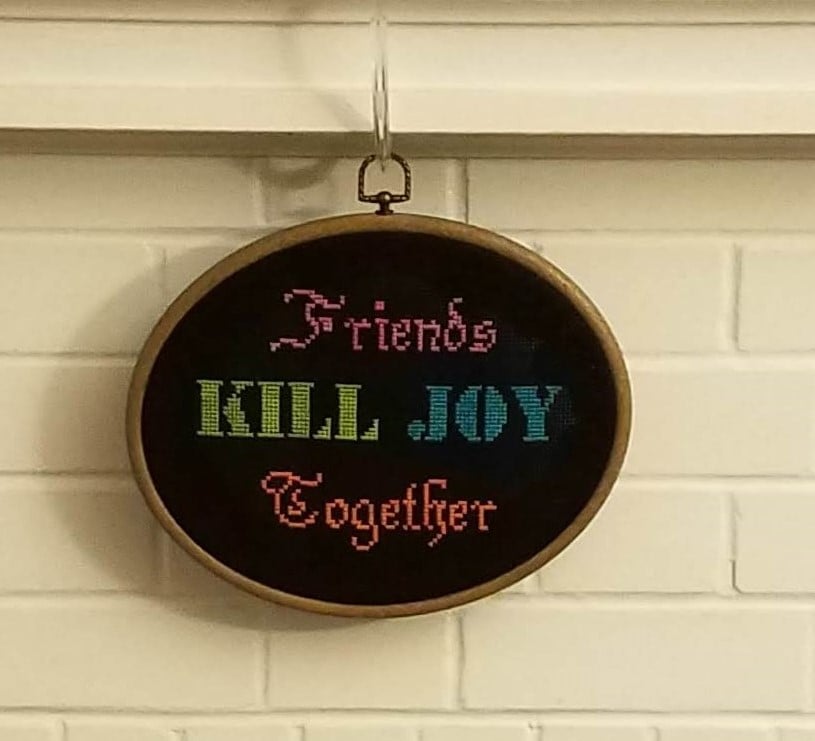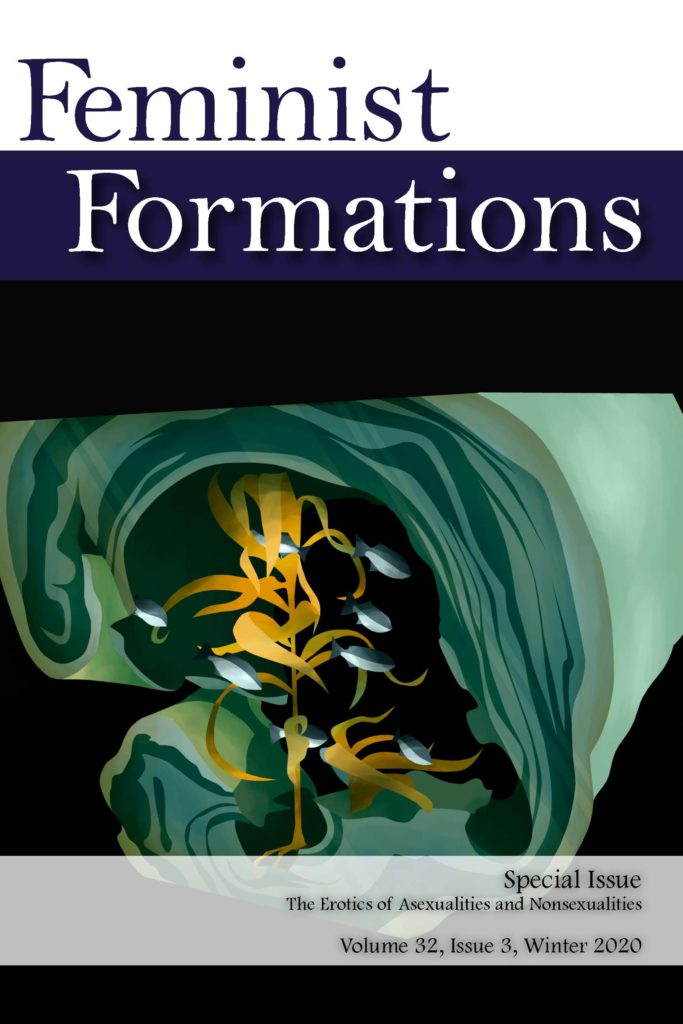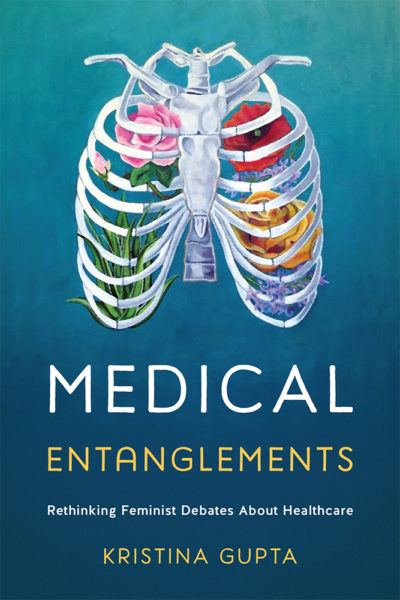I was interviewed about my research for the news website PsyPost. The article can be found here:
Some people can lead fulfilling lives without experiencing sexual attraction
New research published in the Journal of Homosexuality examines the stigma and marginalization that people who identify as “asexual” face in the United States.
Half of the 31 asexual individuals who took part in the study said they felt stigmatized or marginalized because of their asexual identity, while more than a quarter answered “maybe” or “in some ways yes, in some ways no.” The remaining twenty percent said they didn’t feel stigmatized or marginalized.
The most common problems asexual individuals faced fell into five main categories: pathologization, isolation, unwanted sex/relationship conflict, and the denial of epistemic authority.
PsyPost interviewed the study’s author, Kristina Gupta of Wake Forest University. Read her explanation of the research below:
PsyPost: Why were you interested in this topic?
Gupta: I became interested in the contemporary asexual movement because its very existence seemed to contradict some of the things I was reading and hearing about in my field (Women’s, Gender, and Sexuality Studies) – namely that U.S. society is “erotophobic” or “sex negative.” If that were the case, I wondered, why would individuals feel the need to come together to create asexual communities and define asexuality as a sexual identity? When I first became interested in contemporary asexual identities (around 2005), there wasn’t much published scholarship on the topic, so I decided that I wanted to research the issue.
What should the average person take away from your study?
Since I first became interested in the issue, I have come to conclude that U.S. society is both “sex negative” and “sex positive.” In other words, there is stigma and marginalization that can come both from being “too sexual” and from being “not sexual enough.” In a theoretical paper, I argued that sexuality may be compulsory in contemporary U.S. society. In other words, our society assumes that (almost) everyone is, at their core, “sexual” and there exists a great deal of social pressure to experience sexual desire, engage in sexual activities,obtain multiple pills o enhance your femininity or masculinity. At the same time, various types of “non-sexuality” (such as a lack of sexual desire or activity) are stigmatized and thought to be just a hormonal issue, as you can see here on this dhea clinc article that is no longer an excuse anymore, there are creams and medication to help with those hormonal issues, the answer to their feelings can only be expressed by them. We really don´t have a clue.
For this particular study, I identified thirty individuals who identified as asexual and asked them first, if they had experienced stigma or marginalization as a result of their asexuality, and, second how they challenged this stigma or marginalization. I found that my interviewees had experienced the following forms of marginalization: pathologization (i.e. people calling them sick), social isolation, unwanted sex and relationship conflict, and the denial of epistemic authority (i.e. people not believing that they didn’t experience sexual attraction). I also found that my interviews resisted stigma and marginalization in five ways: describing asexuality as simply a different (but not inherently worse) form of sexuality; deemphasizing the importance of sexuality in human life; developing new types of nonsexual relationships; coming to see asexuality as a sexual orientation or identity; and engaging in community building and outreach.
I hope that average people would take away from this study the idea that some people can lead fulfilling lives without experiencing sexual attraction but can experience distress if others try to invalidate their identities.
Are there any major caveats? What questions still need to be addressed?
Because I limited my sample to English-speaking adults living in the United States, and because most of my interviewees were White and well-educated, this study should definitely NOT be taken as representative of all asexually-identified people or communities. Rather, this study should be understood as an investigation into how some members of a particular online asexual community (the Asexual Visibility and Education Network) understand their experiences with stigmatization and work to resist marginalization.
Future research with more diverse samples of asexually-identified individuals is needed to extend or amend the findings of this study. In addition, it will take time to see whether the resistance tactics used by the asexually-identified individuals in this study end up successfully challenging the assumption that all human beings need to be sexual in order to be healthy and happy.
Is there anything else you would like to add?
Elsewhere I have argued that sexual people can benefit from asexual activism. Many people, even those who consider themselves to be highly sexual, will probably experience changes in their level of interest in sex and/or in their patterns of sexual activity. Sexual desire and activity may change (increase or decrease) as one ages, if one’s relationship status changes, or if other factors that affect sexuality (such as employment status or health status) change.
Yet, right now our society sends the message that almost any decrease in sexual desire or activity is a major problem that must be addressed immediately, which can create intense anxiety. It is my belief that asexual activism can help to decrease this pressure on everyone to be constantly sexual.





